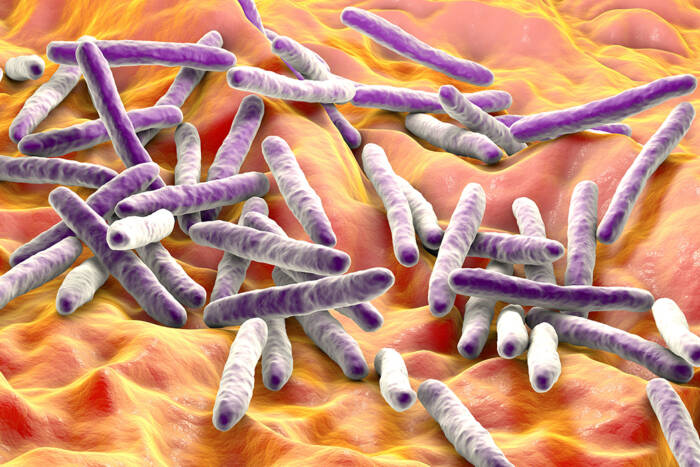Rockefeller University Researchers Hunt for Type 2 Diabetes Susceptibility Genes
The Rockefeller University is looking for people with type 2 diabetes to participate in a study aimed at determining the genetic causes of early- and late-onset forms of the disease. The study is part of the research program of the university’s Starr Center for Human Genetics.
“We hope that by identifying genes that cause type 2 diabetes we can develop better diagnostic tools and improved drug therapies, and in the long term, a possible way of preventing this disease,” says Assistant Professor Markus Stoffel, M.D., Ph.D., principal investigator of the study and head of the Laboratory of Metabolic Diseases. Stoffel, the university’s Robert and Harriet Heilbrunn Professor, is an Irma Hirschl Scholar and a Pew Scholar. He received the Career Development Award in 1997 from the American Diabetes Association.
Genes constitute some of the most important risk factors for type 2 diabetes, although environment also plays a role in the disease. Most common forms of diabetes are polygenic, meaning that more than one gene is involved in the disease, making it difficult to identify the genes responsible. By enrolling a large number of participants, the study investigators hope to identify as many type 2 diabetes susceptibility genes as possible.
Type 2 diabetes is caused by ineffective insulin secretion or improper insulin action on target tissues such as muscle, leading to impaired glucose uptake from the blood and increased levels of blood glucose. Type 2 diabetes is the most common form of diabetes, accounting for 90 to 95 percent of cases. In about 5 percent of cases, inheritance follows a classic autosomal dominant pattern-anyone in a family who has one copy of the defective gene is likely to develop hyperglycemia or increased levels of blood glucose-and is characterized by an early age of onset. Known as maturity onset-diabetes of the young (MODY), this form of diabetes usually develops before age 25. Stoffel’s study focuses on both early- and late-onset type 2 diabetes.
Diabetes, one of the world’s most common inherited diseases, occurs in about 3 out of every 100 people. An estimated 16 million Americans have diabetes and about half these people are not diagnosed. Over 150,000 Americans die each year because of this disease. The mortality and morbidity of diabetes are due to the complications of the disease affecting the eye (retinopathy), the nervous system (neuropathy), the kidney (nephropathy), and cardiovascular disease associated with the disease. Often people only become aware that they have diabetes when they develop one of its life threatening complications. Early diagnosis and treatment can diminish the morbidity and early mortality associated with this disorder.
The Rockefeller study seeks to recruit individuals with type 2 diabetes with at least one other living family member affected with type 2 diabetes. Since this is a genetic study, it is important to study family members who do not have diabetes as well.
Participation in the study involves:
- signing an informed consent form;
- having a blood sample drawn for genetic analysis, as well as for determinations of fasting glucose, cholesterol, triglycerides, uric acid, creatinine and hemoglobin A1c levels;
- completing a family and medical history questionnaire ; and
- having blood pressure, temperature, pulse, weight, height and waist and hip measurements taken.
People interested in enrolling as participants should call Eileen Buckley, M.S.N., R.N., A.N.P.-C.S. or Jennifer Napoleone, B.S.N., R.N. at 1-888-920-9100 or 212-327-7521 for more information. All information is kept confidential and there are no costs to participants of this study. People accepted into the study will receive a copy of laboratory values for the medical tests performed and will also be offered diabetes information and education.
Local participants may come to the Out-Patient Department at The Rockefeller University Hospital for the study. Participation of out of state clients can also be easily arranged. The Rockefeller University Hospital is the oldest hospital in the United States devoted solely to experimental medicine. Established in 1910, the hospital links laboratory investigations with bedside observations to provide a scientific basis for disease detection, prevention and treatment. This special hospital environment served as the model for the Warren G. Magnuson Clinical Center, opened at the National Institutes of Health in 1953, and similar facilities supported by federal funding at more than 75 medical schools in the United States.


